News
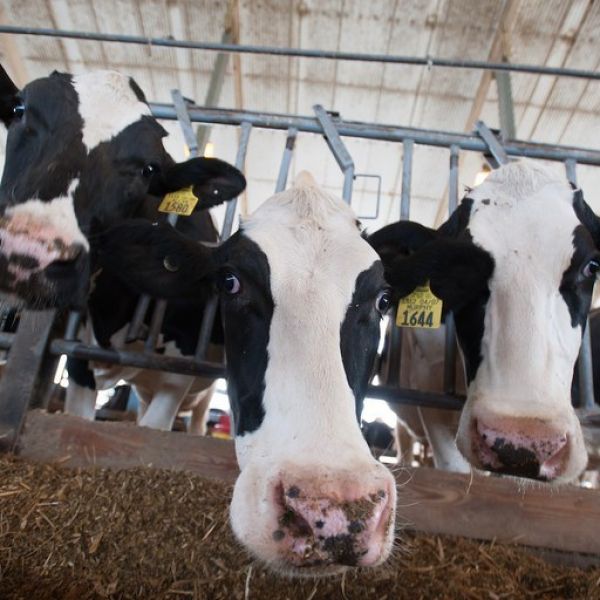
Jan 02, 2025
New treatment for dairy cows could help fight antibiotic resistance, study finds
A concentrated sugar solution could be just as effective as antibiotics at treating a common infection in dairy cows, according to a new study led by researchers at Penn State.
Full Article
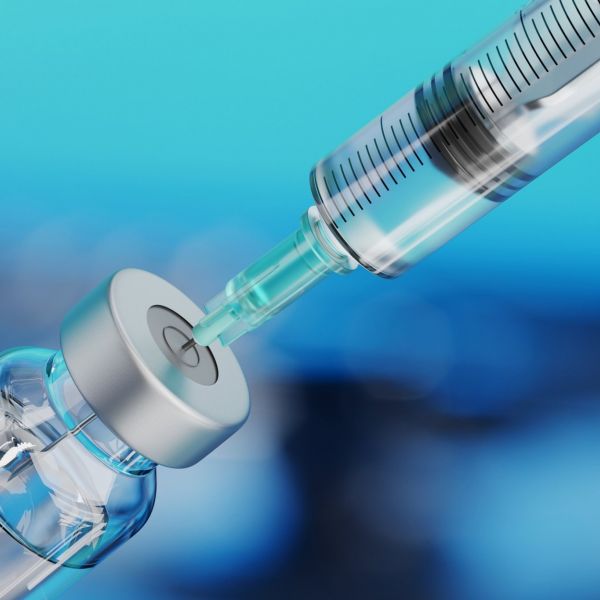
Dec 11, 2024
WHO recommends universal introduction for rubella vaccination
Global policy change, influenced in part by research led by Penn State scientists, removes barriers for countries that have yet to introduce rubella vaccination.
Full Article
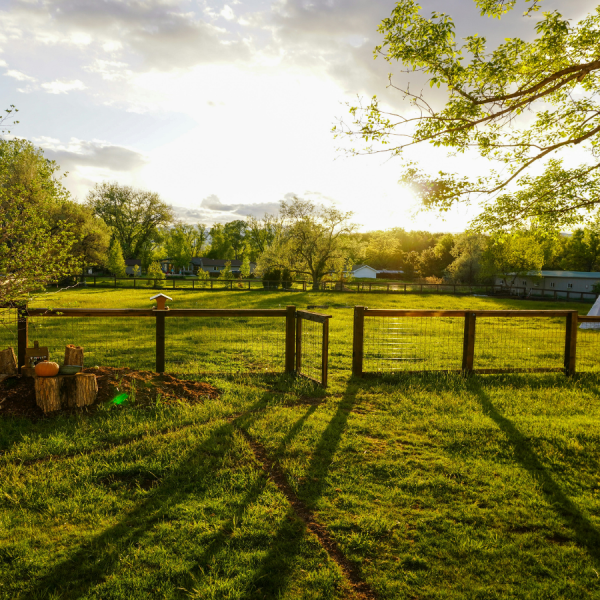
Nov 26, 2024
Tick tubes help reduce the parasites on mice, but time and frequency matters
A new study led by researchers at Penn State analyzed the effectiveness of a simple, inexpensive strategy for controlling ticks that homeowners can use in their backyards.
Full Article
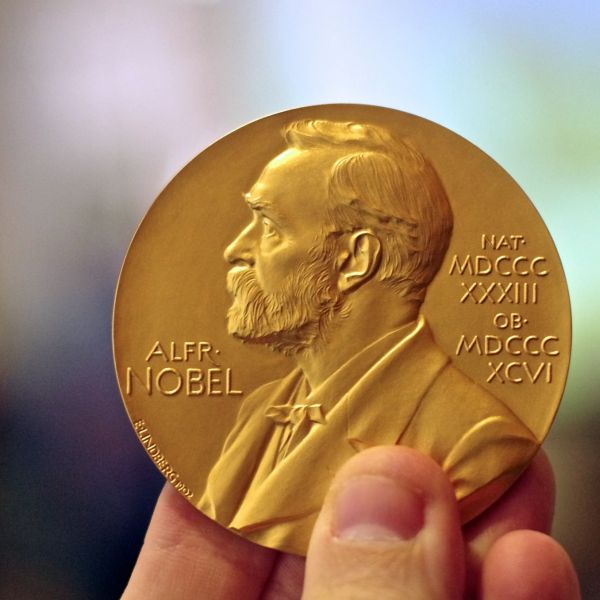
Oct 31, 2024
Huck researchers reflect on the 2024 Nobel Prize in Chemistry
This month, the Nobel Prize in Chemistry was awarded to three scientists credited with historic breakthroughs surrounding proteins and their structures. Three Huck researchers working on similar challenges chime in with their thoughts.
Full Article
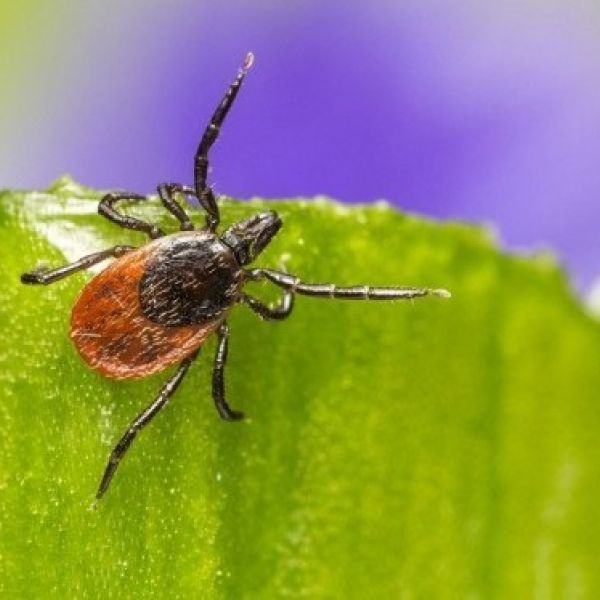
Oct 09, 2024
Rates of a tick-borne parasitic disease are on the rise
Cases of babesiosis increased 9% per year, on average, between 2015 and 2022 and nearly half were co-infected with another tick-borne illness such as Lyme disease, according to a new study
Full Article
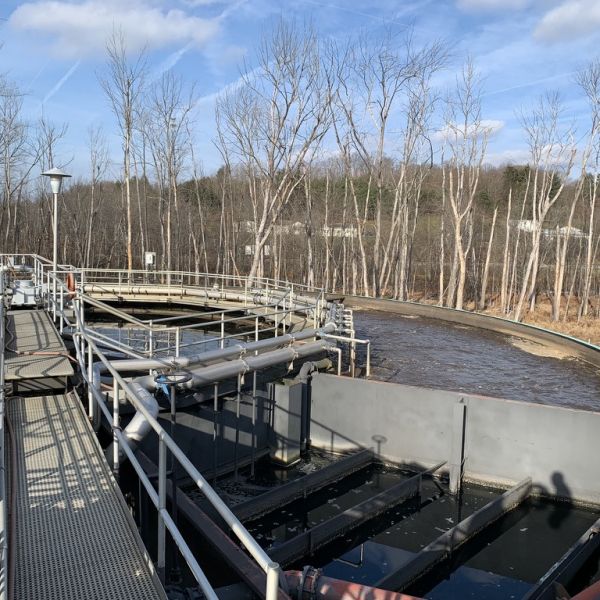
Sep 20, 2024
Wastewater monitoring can detect foodborne illness, researchers find
Results of a new study suggest sewage monitoring could provide early warning of foodborne disease outbreaks to public health authorities
Full Article

Sep 17, 2024
Food science researcher receives early career award
Jasna Kovac, associate professor and Lester Earl and Veronica Casida Career Development Professor of Food Safety in Penn State’s College of Agricultural Sciences, has been selected to receive the 2025 Award for Early Career Environmental Research by the American Society for Microbiology.
Full Article
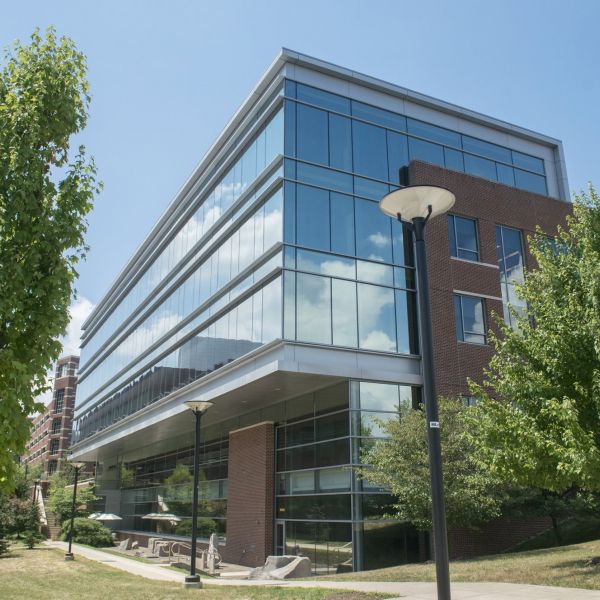
Sep 10, 2024
Penn State community reminded to take COVID-19 precautions
With COVID-19 activity on the rise in Pennsylvania and nationally, Penn State is urging its community to continue to take health precautions and follow guidance from the Centers for Disease Control and Prevention (CDC) to keep themselves and others healthy.
Full Article
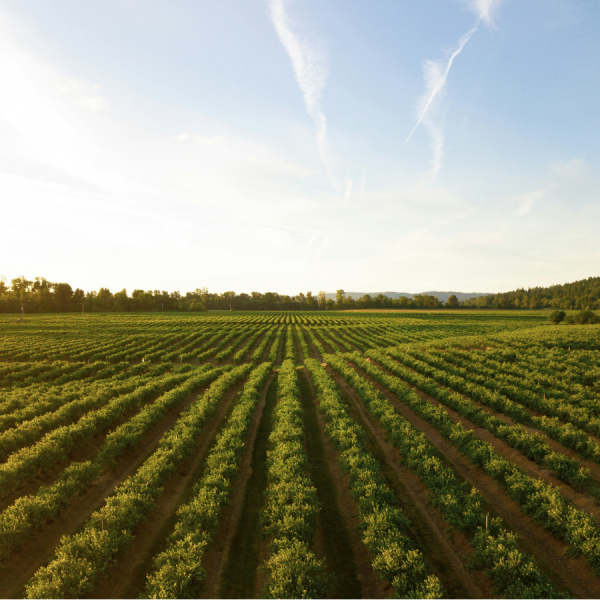
Aug 29, 2024
Research teams receive $1.1 million to study microbiomes in agriculture
Two Penn State-led research teams have received funding from the U.S. Department of Agriculture’s National Institute of Food and Agriculture for projects investigating the ways microbiomes — the microorganisms in a particular environment, such as in soil or a living organism — can affect disease dynamics in agriculture.
Full Article

Jul 19, 2024
Troy Sutton named Huck Early Career Chair in Virology
Troy Sutton, assistant professor of veterinary and biomedical sciences in the College of Agricultural Sciences at Penn State, has been awarded a Dorothy Foehr Huck and J. Lloyd Huck Early Career Chair in Virology.
Full Article